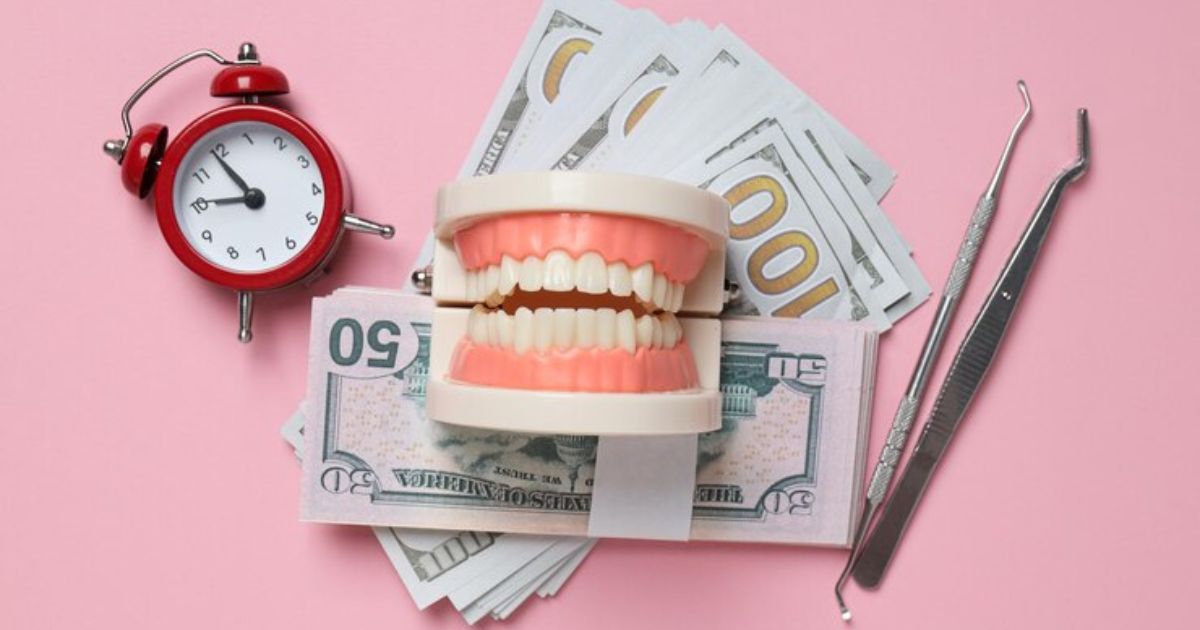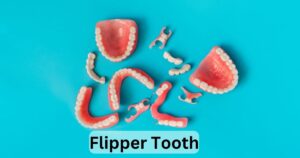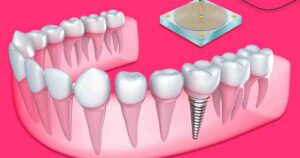Partial dentures offer an effective solution for replacing missing teeth, restoring both function and aesthetics. Understanding the cost factors associated with partial dentures is crucial for informed decision-making. The cost of partial dentures can vary based on several elements, including the materials used, the complexity of the dental restoration, and the expertise of the dentist.
Factors such as additional procedures like extractions or preparatory work, the type of partial denture (such as acrylic or metal framework), and customization for a precise fit can influence the overall expense.
While expenses differ based on individual cases and specific requirements, exploring these cost factors helps individuals anticipate and plan for the financial aspect of obtaining partial dentures, ensuring a clearer understanding of the investment needed for restoring a confident smile and functional dental health.
Types of Partial Dentures
There are several types of partial dentures, each made from different materials and offering various benefits. The main types include:
Metal Partial Dentures
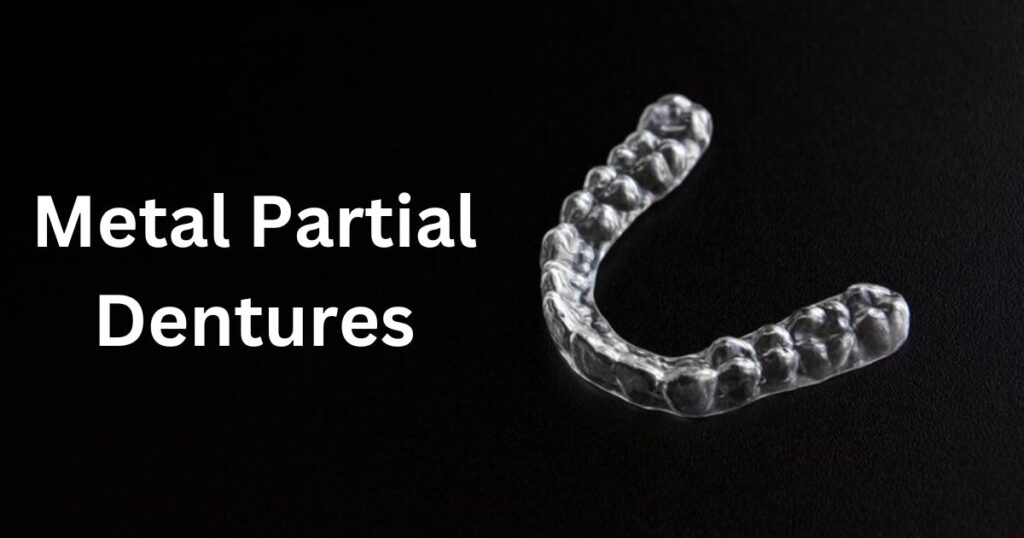
Metal partial dentures are removable dental appliances crafted with a metal framework to support artificial teeth. Known for durability and a precise fit, these dentures offer enhanced stability and comfort while chewing. They’re less bulky than other types, ensuring a natural look and feel.
The metal framework allows for a secure attachment to remaining teeth, preventing shifting. Their strength and resilience make them a popular choice, providing long-lasting functionality. Despite their advantages, some individuals may prefer alternative options due to metal visibility or allergic reactions. Consultation with a dentist helps determine the best partial denture type for individual needs and preferences.
Acrylic Partial Dentures
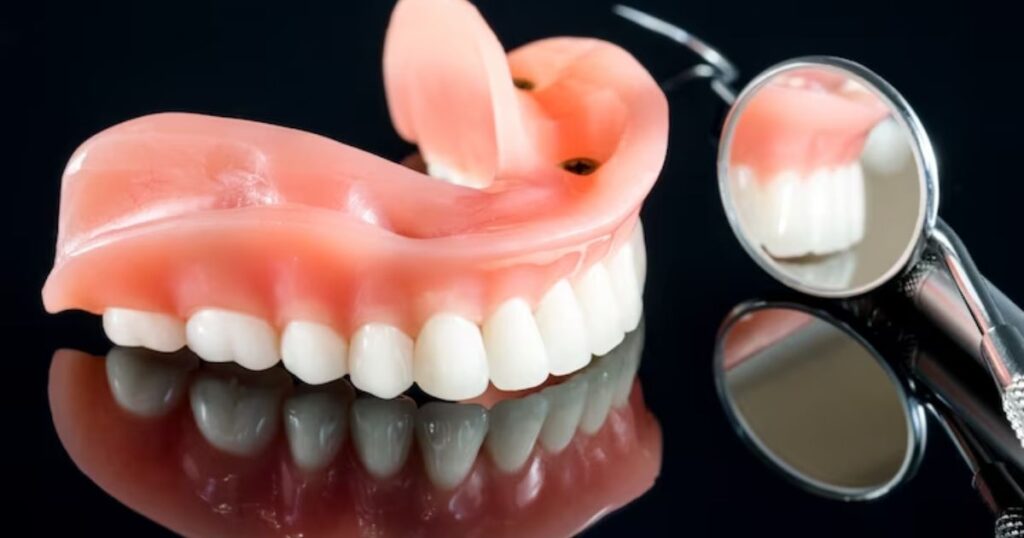
Acrylic partial dentures are removable dental appliances designed to replace missing teeth. Crafted from acrylic resin, these dentures are lightweight, durable, and customizable, matching the natural color of gums for a seamless appearance. They restore oral functionality, aiding in chewing and speech. Their versatility allows for adjustments to fit comfortably in the mouth.
Though cost-effective, they may require periodic adjustments for an optimal fit. With proper care, these dentures can provide an affordable and practical solution for restoring a confident smile and improving overall dental health. Regular cleaning and maintenance ensure their longevity and effectiveness in daily use.
Flexible Partial Dentures
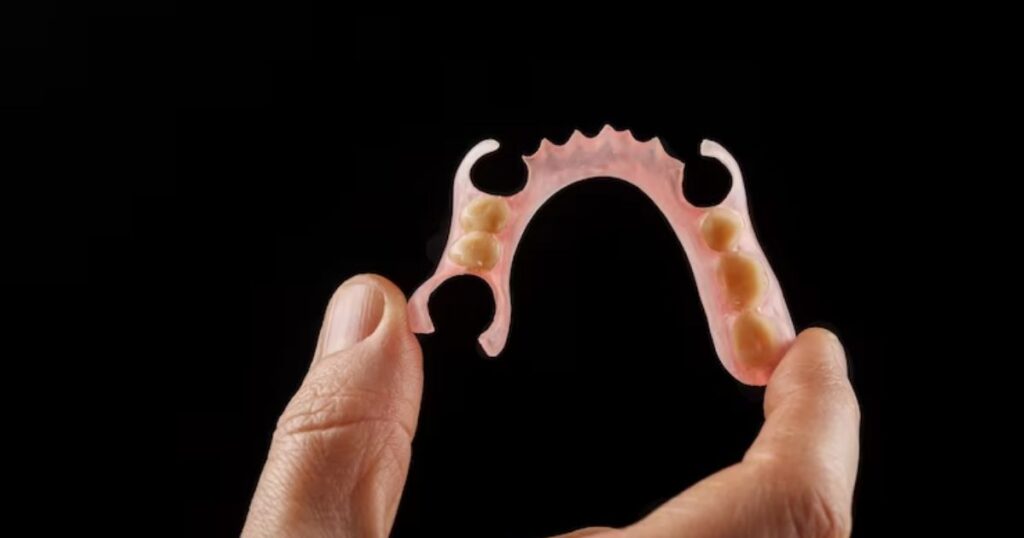
Flexible partial dentures are a popular choice for replacing missing teeth. Made from a bendable material, usually nylon, they offer comfort and a natural appearance. These dentures are lightweight, durable, and adaptable, allowing for easier eating and speaking. They’re an excellent option for those seeking an alternative to traditional rigid dentures.
Their flexibility reduces the risk of damage to adjacent teeth. However, they may not be suitable for all cases, and proper maintenance is crucial to ensure longevity. Consulting with a dentist is recommended to determine if flexible partial dentures are the right choice for individual dental needs.They are generally priced between $900 and $1,500.
Tooth Flippers
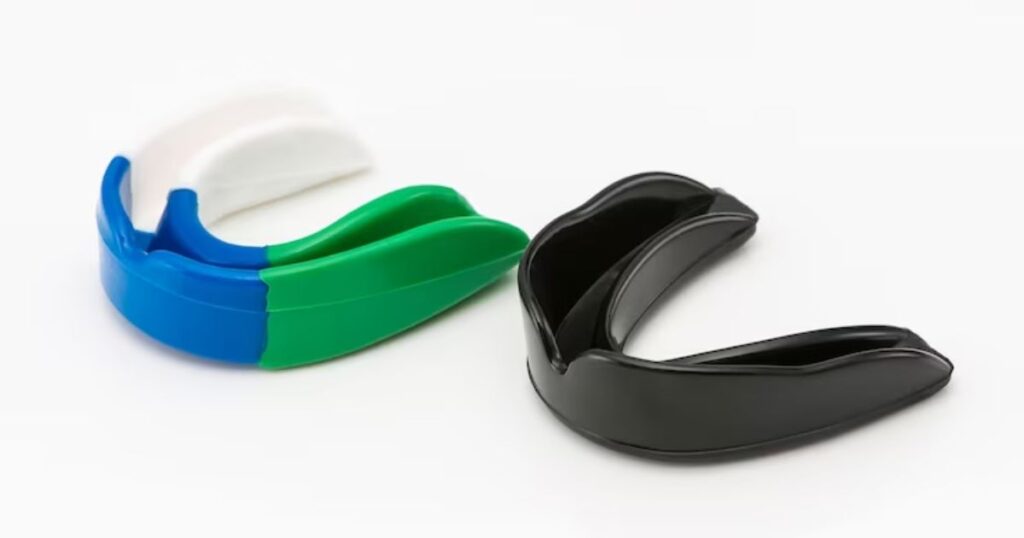
Tooth flippers are temporary, acrylic dental devices used to replace missing teeth. They’re affordable, quick solutions often used after tooth extraction or before a permanent replacement. These makeshift prosthetics provide cosmetic restoration, aiding in speech and eating. However, they’re not as durable as permanent solutions and may require frequent adjustments.
Patients opt for flippers while waiting for implants or bridges, making them a transitional fix. Regular care and cautious handling are essential to maintain their functionality until a more permanent dental solution can be implemented. These are a less common option, with a cost range of $300 to $500. They involve the use of a flipper, or artificial tooth, to replace a missing tooth.
Factors Affecting the Cost of Partial Dentures
The cost of partial dentures depends on several factors, including:
- The type of denture chosen
- The number of teeth being replaced
- The location in the mouth where the dentures are placed
- The attachment type, such as claps or precision attachments
- The dentist placing the dentures
Cost Range for Partial Dentures
The cost of partial dentures can range from $650 to $2,500 for a single top or bottom tooth, depending on the type and other factors2. Flexible partial dentures typically cost between $900 and $2,000, while acrylic flippers are the least expensive option, ranging from around $300 to $500 each.
Dental Insurance and Payment Options
Dental insurance may cover a portion of the partial denture costs, depending on the plan and the specific services covered. Original Medicare does not traditionally pay for partial dentures, but some Medicare Advantage plans may include dental services that help pay for at least a portion of the costs.
Medicaid may cover some costs associated with partial dentures, but coverage varies from state to state.
For patients without dental insurance or those seeking alternative payment options, there are several ways to receive financial assistance or ease the cost of partial dentures:
- Dental savings plans or dental discount plans can offer reduced rates on dental services, including partial dentures.
- Dentists may offer payment plans or in-house financing options to help cover the costs of partial dentures.
- Using an oral health care credit card can provide savings on dental services, including partial dentures.
How To Find Affordable Partial Dentures?
Finding affordable partial dentures can be achieved by considering various factors such as material, type, and payment options. Here are some tips to help you find affordable partial dentures:
Compare Different Types: There are several types of partial dentures, including cast partials, acrylic partials, and flexible partials. Each type has its own cost range, so compare them to find the most suitable option for your budget.
Consider Materials: The cost of partial dentures can vary depending on the materials used. For example, acrylic partials are generally more affordable than cast partials.
Ask Your Dentist: Your dentist can recommend the most suitable partial denture type based on your needs. They can also provide a more accurate estimate of the cost of your partial dentures.
Explore Online Options: Some online retailers offer affordable partial dentures, such as Low Priced Dentures. These options can be more cost-effective than traditional dentist-provided solutions.
Check for Discounts and Promotions: Some dental offices and online retailers may offer discounts or promotions on partial dentures. Make sure to ask about any available discounts when considering your options.
Consider Payment Options: Explore payment options such as financing, insurance, and flexible spending accounts (FSAs) to help make the cost of partial dentures more manageable.
Maintain Your Dentures: Proper maintenance and care of your partial dentures can help prolong their lifespan and improve your comfort. This may include adjustments, repairs, and cleanings.
By considering these factors and consulting with your dentist, you can find affordable partial dentures that meet your dental needs and budget.
Empowering Decision-Making through Education
Empowering individuals with comprehensive knowledge about partial dentures and associated costs is pivotal in facilitating informed decision-making. Dentists can play a crucial role by transparently discussing treatment options, potential expenses, and available resources with their patients.
Online resources and community workshops can serve as valuable platforms for educating the public about dental care affordability and navigating financial challenges. By fostering a collaborative approach between patients and dental professionals, individuals can make well-informed choices that prioritize both their oral health and financial well-being.
Affordability and Financing Options for Partial Dentures
Affordability for partial dentures varies, but several financing options exist to assist in managing costs. Dental insurance coverage, flexible payment plans offered by dental clinics, and financing options like credit arrangements or healthcare credit cards help individuals afford these treatments.
Some dental practices may also provide discounts for upfront payments or offer in-house financing plans. Exploring these financial avenues ensures that individuals seeking partial dentures can find viable options that align with their budget, making dental care more accessible and enabling them to regain confidence in their smile without significant financial strain.
Pros and Cons
| Pros | Cons |
| Offers affordable tooth replacement | May require adjustments for optimal fit |
| Various cost options available | Initial discomfort or adaptation period |
| Allows for improved chewing and speaking | Potential maintenance and repair costs |
| Can be customized for a natural appearance | Partial coverage by insurance, may not cover all costs |
| Flexible financing and payment plans | Long-term wear may necessitate replacements |
FAQ’s
How many teeth do you need for a partial denture?
At minimum, you will need 1 or more teeth on each side, on each arch (top/bottom) — therefore we could say that 2 teeth per partial denture is a minimum. Realistically, a partial denture functions best with a minimum of 4 solid abutment (“anchor”) teeth.
How much do partial dentures cost privately?
If you get dentures privately, the costs vary, usually beginning at £355 for partials. Complete dentures will cost around £500-700 in the lower end of the spectrum. They’re generally made less aesthetically attractive, resulting in a less natural look.
Can I eat with partial dentures?
Yes, you can eat with a partial denture, but the experience (comfort + function) will vary depending on the type of partial and the number and location of teeth that you are missing. During the adjustment period, it will be necessary to consume softer foods and cut food into smaller pieces.
Can you sleep with partial dentures?
When it comes to sleeping in your dentures it’s recommended that you should take them out at night and give your gums a rest. Even when you wonder can you sleep with partial dentures in your mouth, it’s still best to take them out. Any type of denture can cause issues and it’s better to err on the side of caution.
Conclusion
In considering partial dentures cost, various factors influence the overall expenses. Factors like materials used, design complexity, additional procedures, and dentist expertise impact the pricing. While the upfront cost may seem significant, partial dentures offer a valuable solution for restoring oral function and aesthetics.
It’s essential to consult a dentist for an accurate assessment and cost breakdown tailored to individual needs. While seeking affordable options is understandable, prioritizing quality and durability is crucial for long-term satisfaction. Insurance coverage or dental plans may alleviate partial denture expenses, making them more accessible. Ultimately, the cost of partial dentures is an investment in restoring a confident smile and functional bite, providing immense benefits in oral health and overall well-being.
Consulting with dental professionals ensures a clearer understanding of costs, enabling informed decisions about denture cleaning tablets and achieving the best dental solution within one’s budget.
